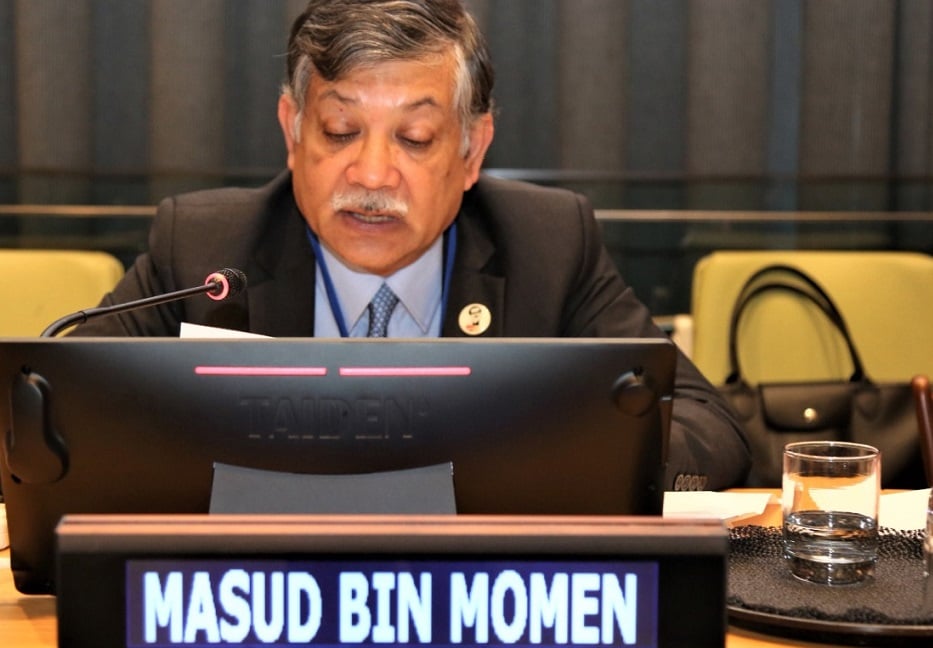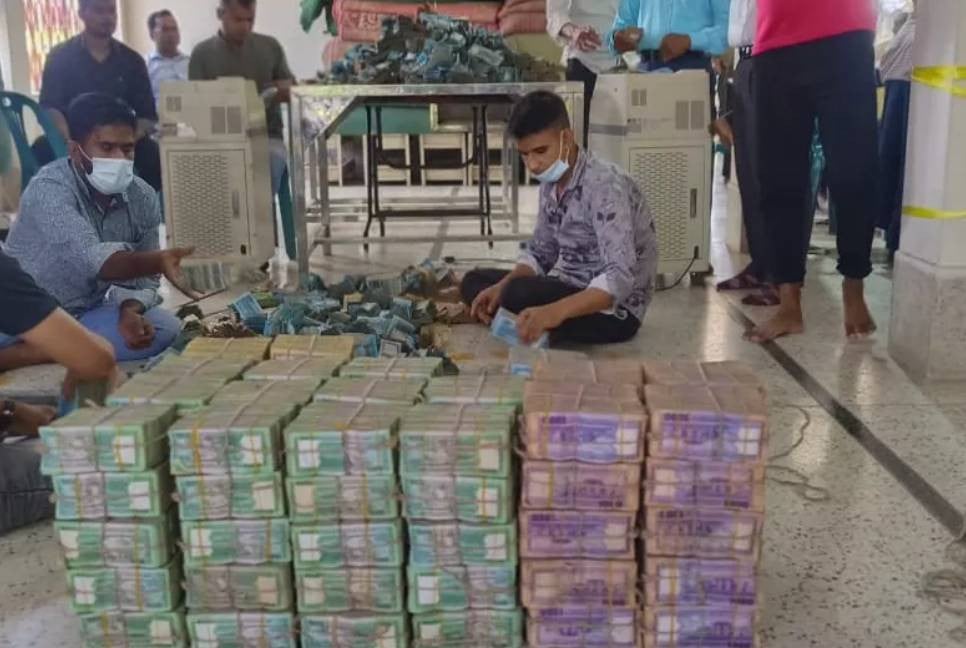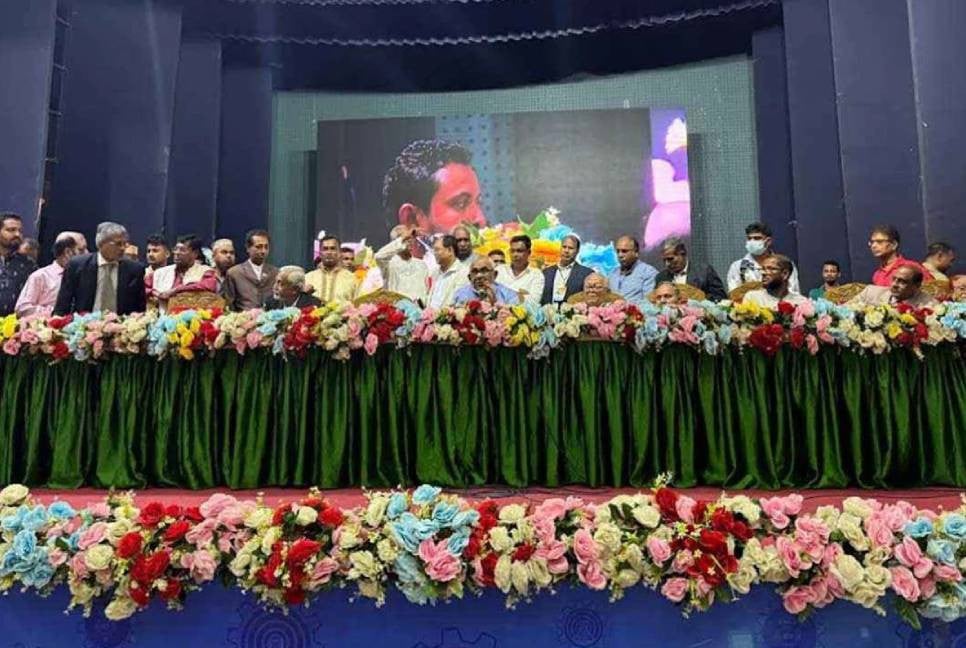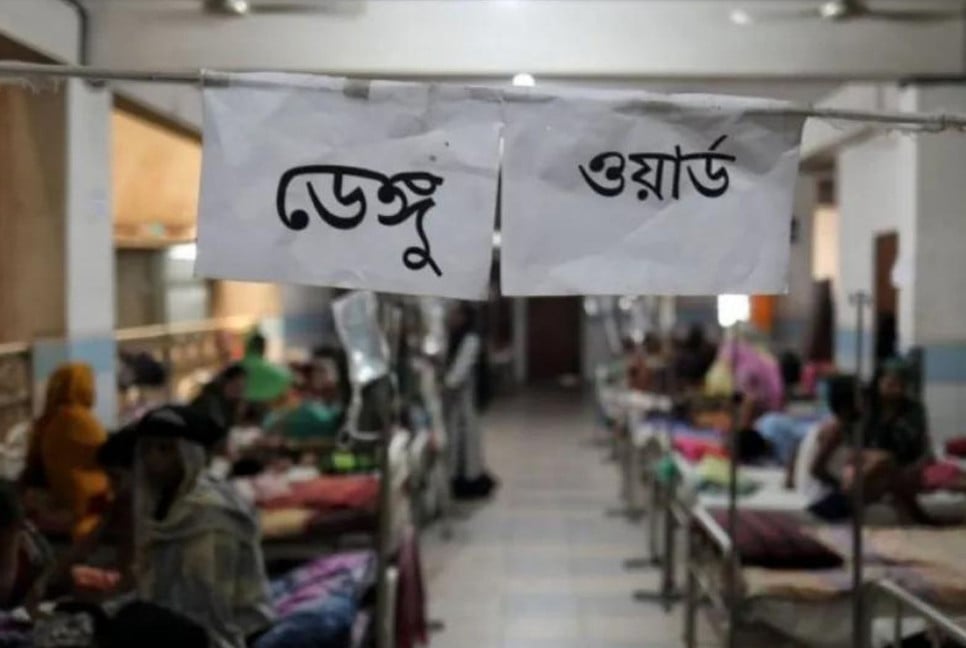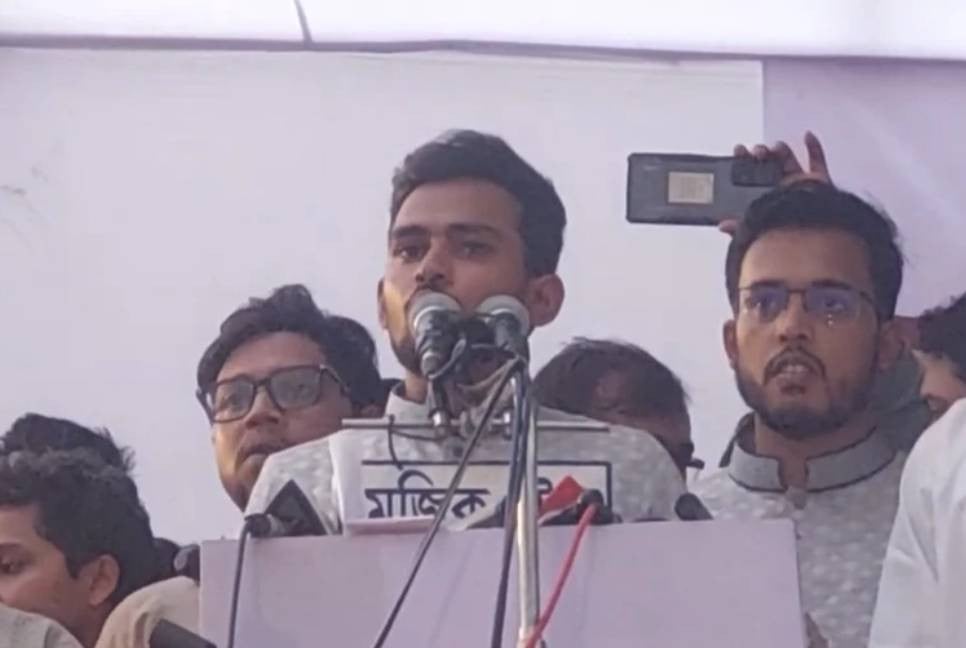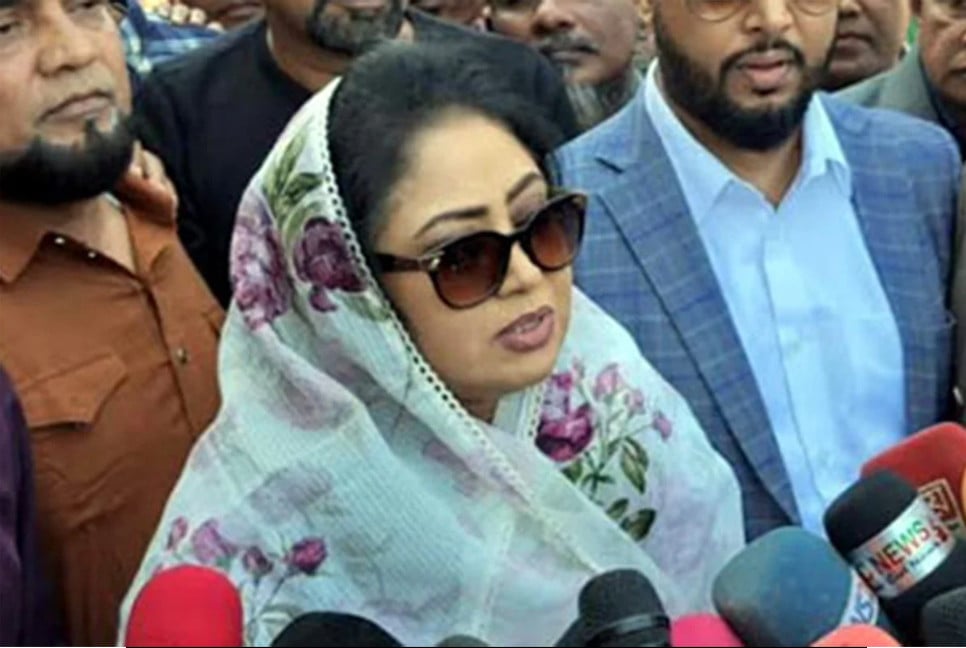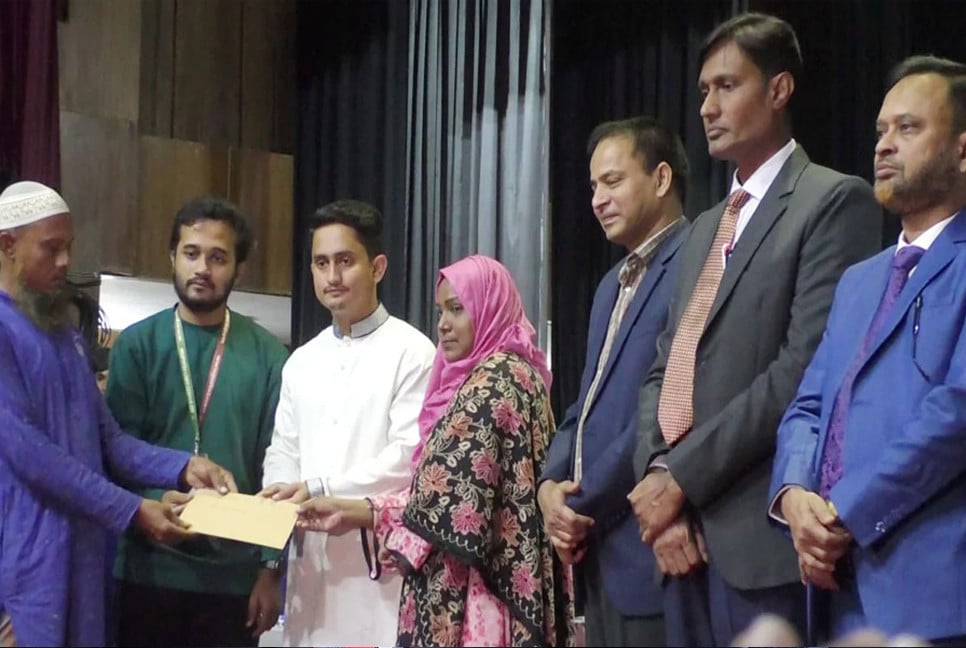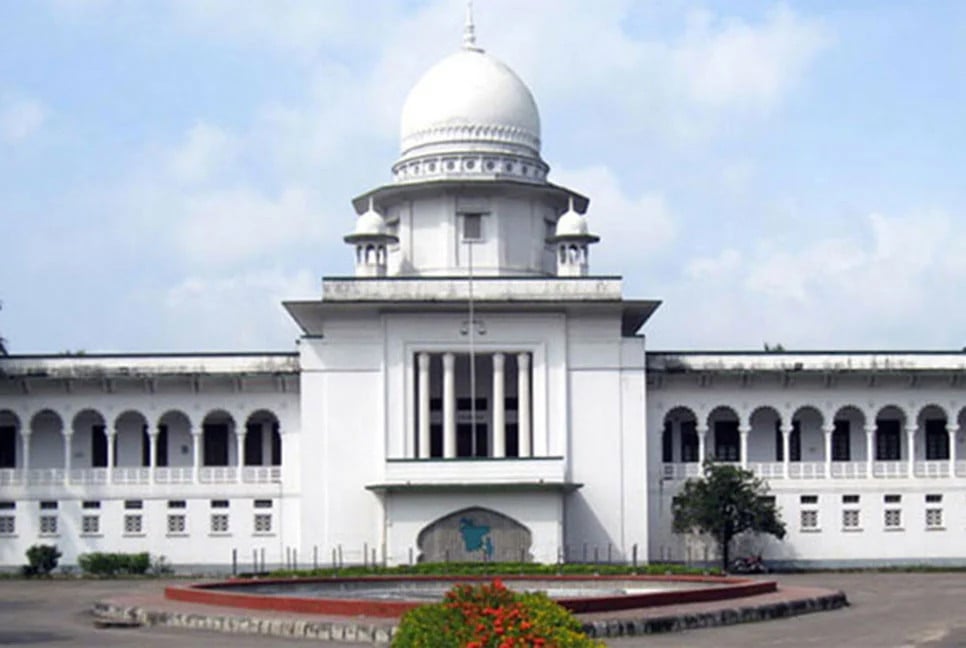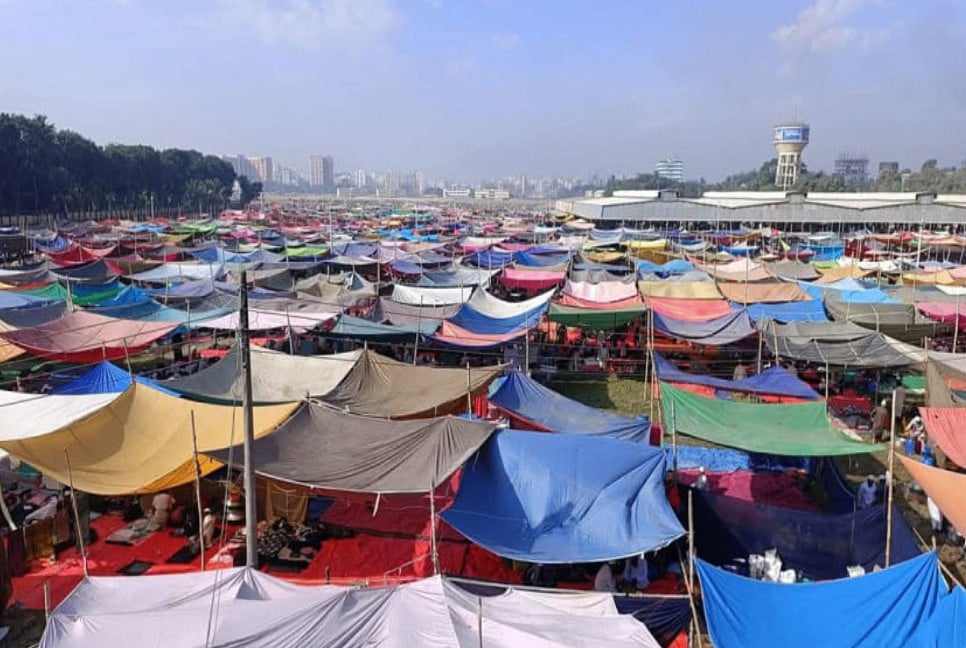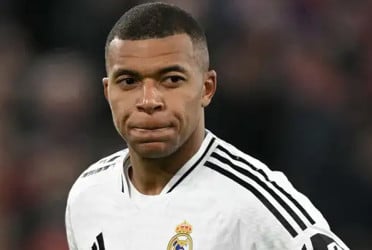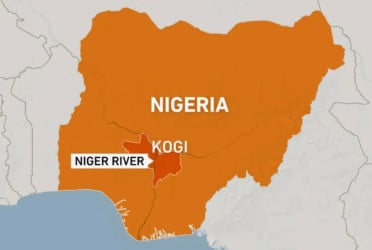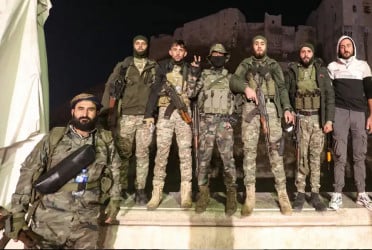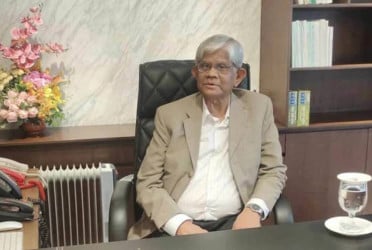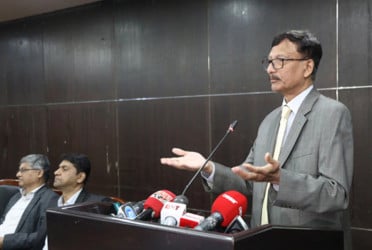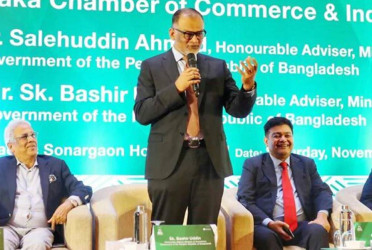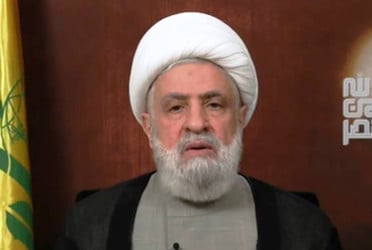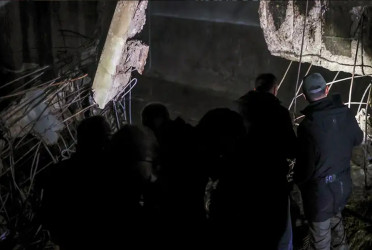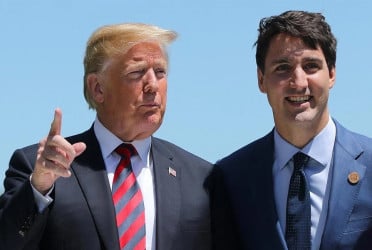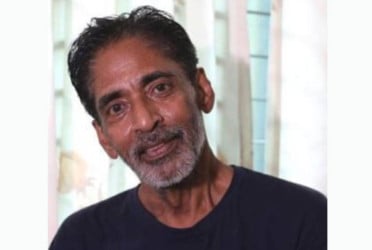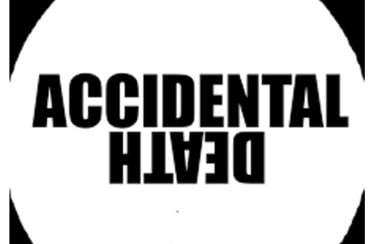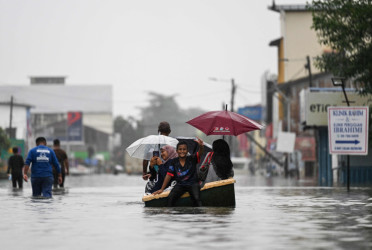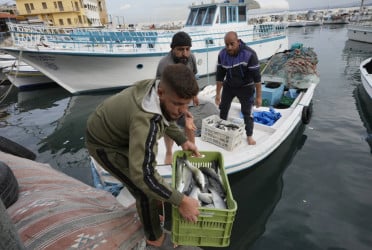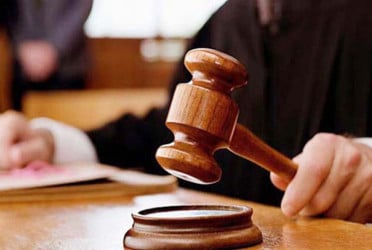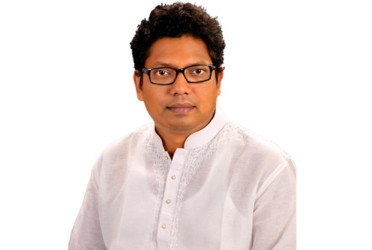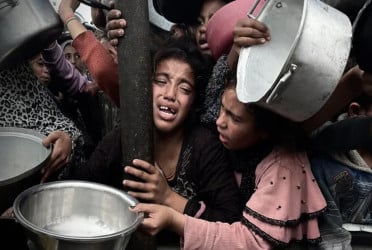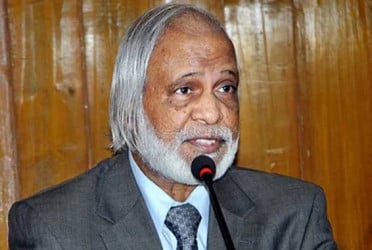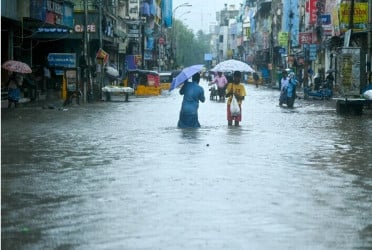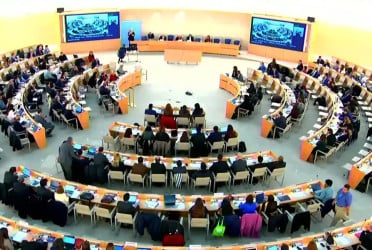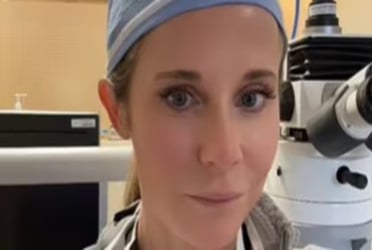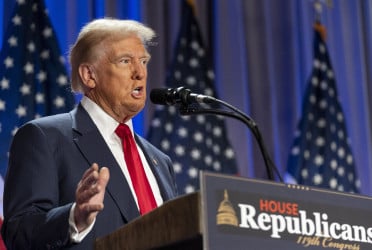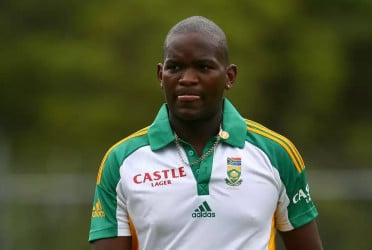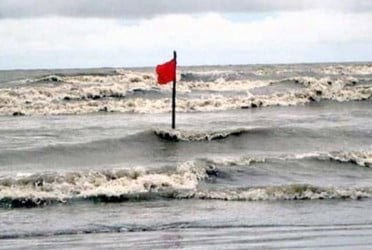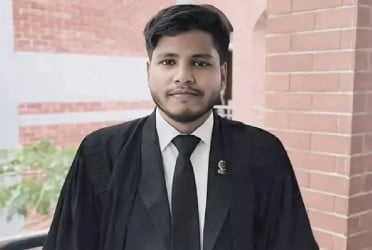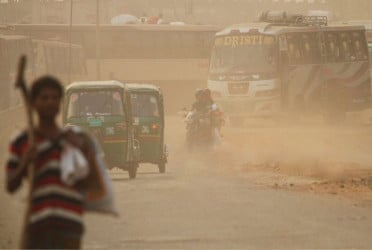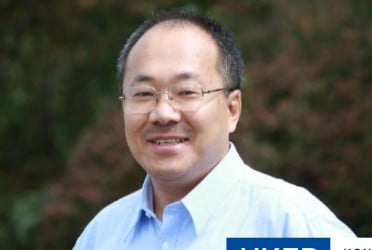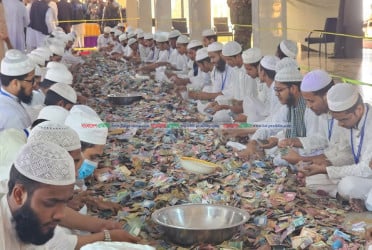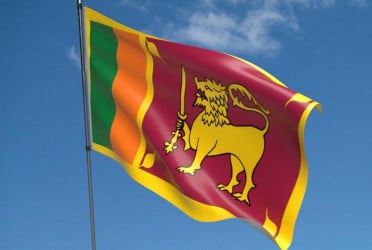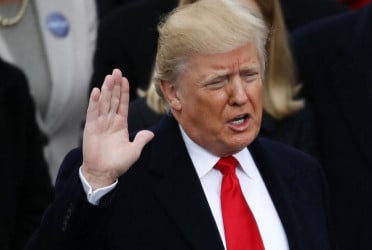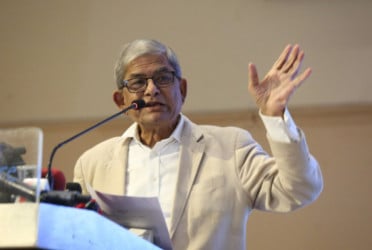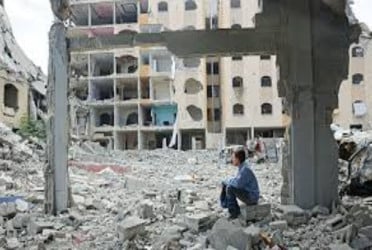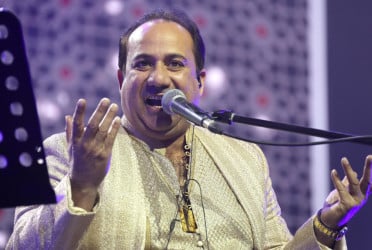Foreign Secretary Masud Bin Momen on Sunday said there is no reason to be disheartened over Bangladesh not being included in the BRICS block of developing economies as it remains a part of the New Development Bank (NDB).
“There are many issues — political and regional, and there is the issue of maintaining balance,” he told reporters while responding to a question.
The foreign secretary said if they look at the tangible outcome of BRICS over the last 15 years, only NDB is visible. “You can assess that. Since we remain a part of the NDB, there is no reason to feel disheartened,” reports UNB.
Masud Bin Momen said this is the first phase and Bangladesh hopes to be included in the next phase. “In the meantime, we also got time to some extent.”
He said there was an effort to make a geographical balance and there were more interested countries but they also did not get (BRICS) membership. “It’s an ongoing process.”
Iran, Saudi Arabia, the United Arab Emirates, Argentina, Egypt and Ethiopia were the six countries invited to join the BRICS at the just concluded summit.
These countries are set to join BRICS from January 1, 2024, to make an 11-nation bloc.
The announcement came after two days of talks at the summit in Johannesburg involving Brazilian President Luiz Inácio Lula da Silva, Indian Prime Minister Narendra Modi, Chinese President Xi Jinping and South African President Cyril Ramaphosa. Russian President Vladimir Putin participated in the discussions virtually.
Prime Minister Sheikh Hasina attended the BRICS Summit at the invitation of South African President Matamela Cyril Ramaphosa.
BRICS is a consensus-based organization that needs all members to agree on decisions.
The bloc was originally formed by Brazil, Russia, India and China in 2009 and South Africa joined in 2010.
BRICS currently represents around 40% of the world’s population and more than a quarter of the world’s GDP, with that is set to increase, according to AP.
BRICS has a stated aim to amplify the voice of the Global South. All five current members and dozens of developing countries represented at the recent summit repeatedly called for a fairer world order and the reform of international institutions like the United Nations, the IMF and the World Bank.
Bd-pratidin English/Lutful Hoque

